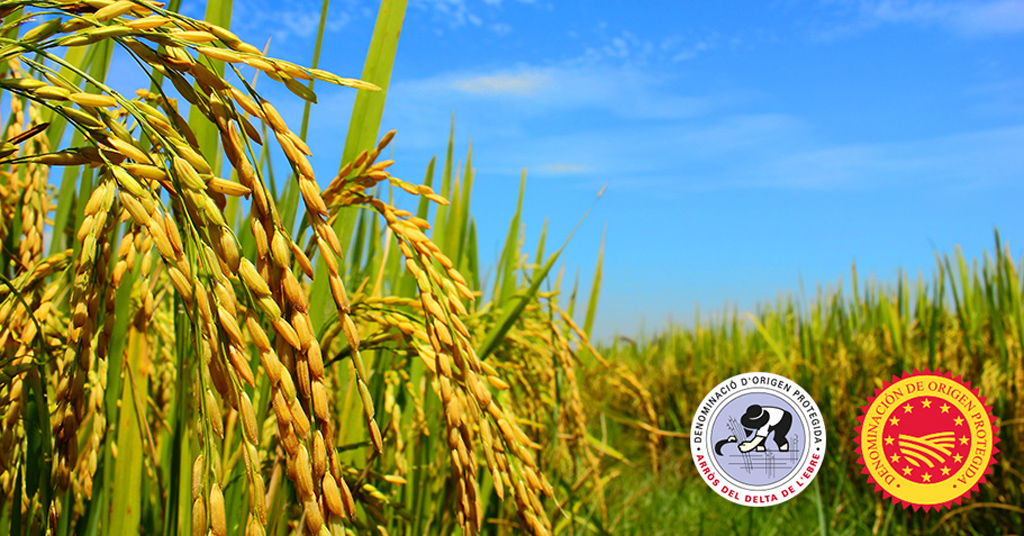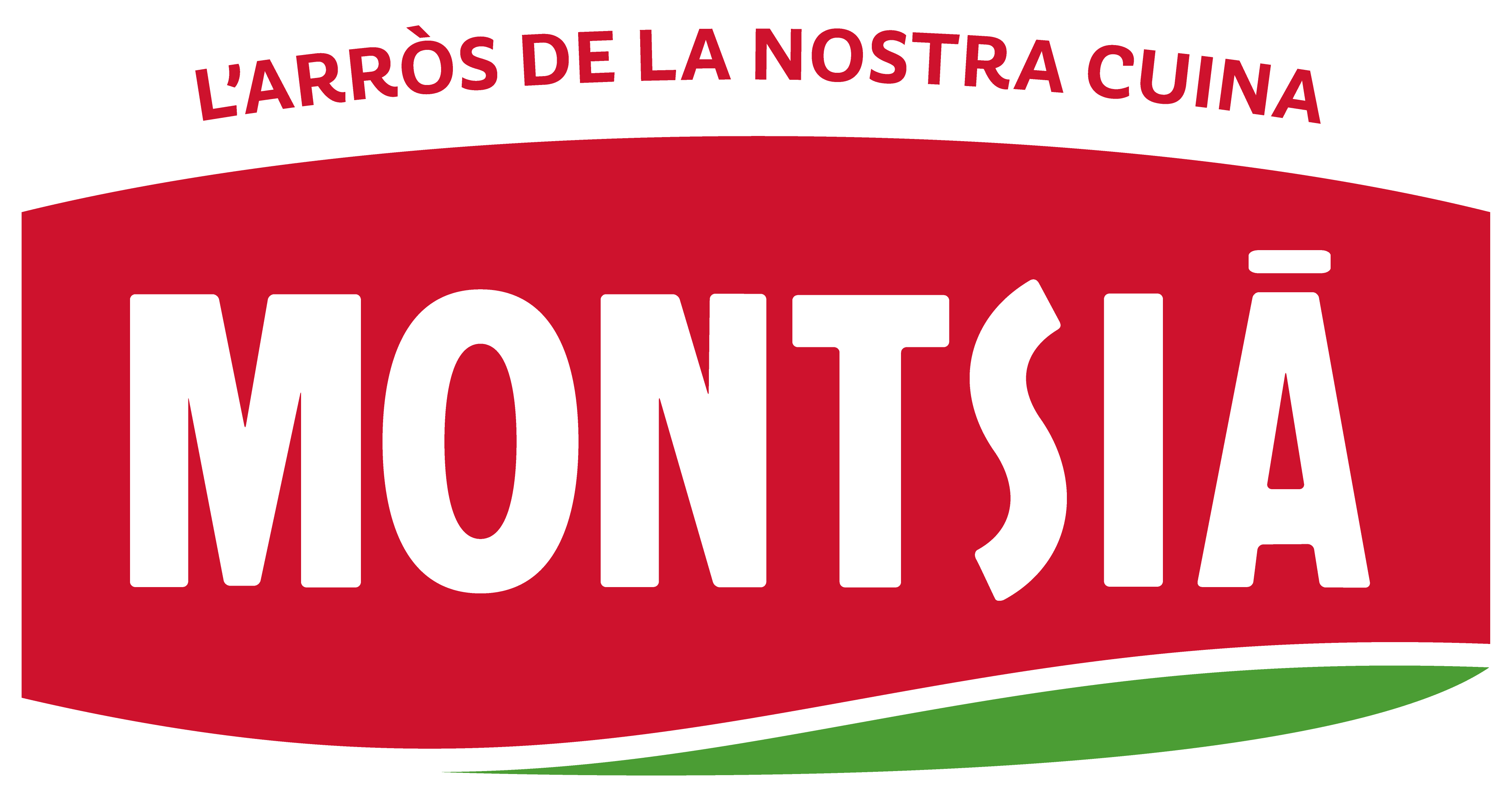Hello, nice to meet you here!
How can we help you?

If you have been navigating through our blog, certainly you have seen that we often refer to Montsià rice as a PDO product of extra quality.
In this post we want to explain in more detail what makes us so proud of our Extra Montsià rice and why we can say that this is the highest rice quality you can find in market.Labels do not deceive
To able to use the PDO Ebro Delta brand, we must have an extra quality rice grown from a Delta, which means that each package may contain, a monovarietal rice, with homogeneous grains that need the same cooking time.
To be able to do that, our rice undergoes control processes based on physicochemical and organoleptic analysis, and only the grains that successfully undergo such controls can be packaged and sent to the market with the quality mark given by the Regulatory Council. But let's go little by little to understand each concept.
PDO Protected Designation of Origin
The Protected Designation of Origin is the name given to a food product that belongs to a specic region and stands out for its quality., but also for the human and natural values it represents.
In other words, not only its nutritional and physical properties are appreciated, but also that its production, processing and even packaging must be carried out in the same area of growing and production of the product.
Regarding the geographical area, it is located in the area of the Ebro river delta, that belongs to Baix Ebre and Montsià regions, in the province of Tarragona. Exactly! Our rice has the same name of its growing area and also one of its varieties, the Montsianell.
And the extra category?
This category is the best in terms of quality and implies that the extra rice with PDO has a perfect grain percentage, without any defects, close to 100%.
Not all rice is the same
If you look at rice in the supermarket, in addition to seeing rice with and without PDO or single-variety rice or mixtures, you will see rice that is identied as of extra category, category I or category II.
What is the difference then? This classication identies the proportion of whole and perfect grains contained in each package of rice.
Extra: At least 92,7% of the grains are whole and awless, like Extra Montsià rice, Bomba Montsià rice or Paella Montsià rice, among others.
Category I: 86,5% whole grains, which means that each package may contain, up to 13,5% broken or defective grains.
Category II: 79,75% whole grains, which means that each package may contain, can have up to 20,25% broken or defective grains. This category is not easy to nd in the points of sale.
Each package shows to which of these categories the product it contains belongs to extra category appears on a red label, category I appears on a green label and category II appears on a yellow label.
Thus, if you want to have the best rice in your kitchen, always remember that extra is above any other category.
And you as a consumer, how can you notice this?
Maybe you are wondering if this whole story has to do with you or can affect the dishes you cook. Well the answer is: yes, It can!
On the one hand, the fact that the rice is extra and single varietal implies that all the grains have exactly the same cooking time and that there are no spoiled or broken grains. When a grain breaks, the starch drains out causing the rice not to be so loose and tasty. Using an extra and singlevariety rice, your recipes are tasty and perfect in every bite, because all the grains cook the same and absorb the avour better than other rices.
On the other hand, when you buy a PDO product, it implies that you are tasting the flavour of the authentic, the indigenous and the good job by the farmers who are part of the cooperative. You are enjoying a product that is much more than a food.
So, when you cook Montsià rice, you will know that you are tasting a unique rice, with history and tradition, work, a cultural denominator and a level of quality that makes it unique on your palate.
Now that you have all this information., do you dare to try any of our recipes using Montsià rice?

